How China plans to catch and reuse its next-generation rockets. Seems like a unique approach compared to SpaceX’s plan to catch a booster with the launch tower.
An overview of China’s “other” Lunar super-rocket.
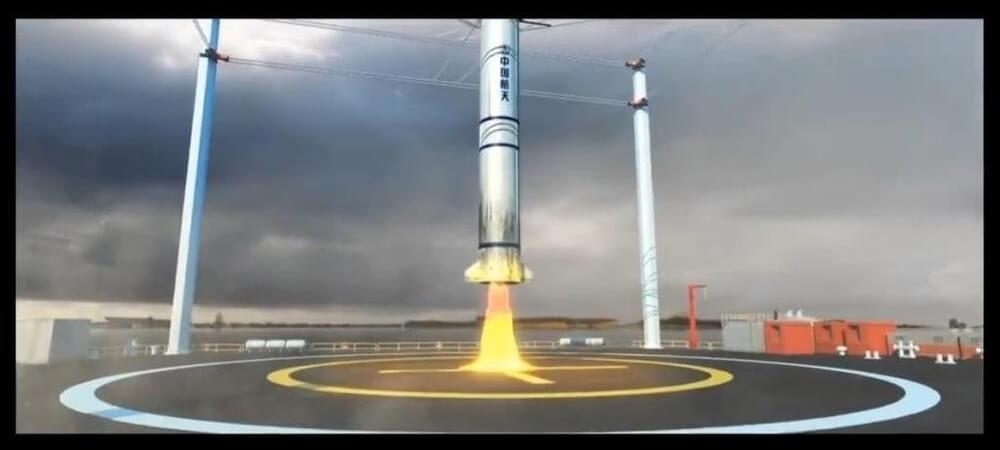
How China plans to catch and reuse its next-generation rockets. Seems like a unique approach compared to SpaceX’s plan to catch a booster with the launch tower.
An overview of China’s “other” Lunar super-rocket.
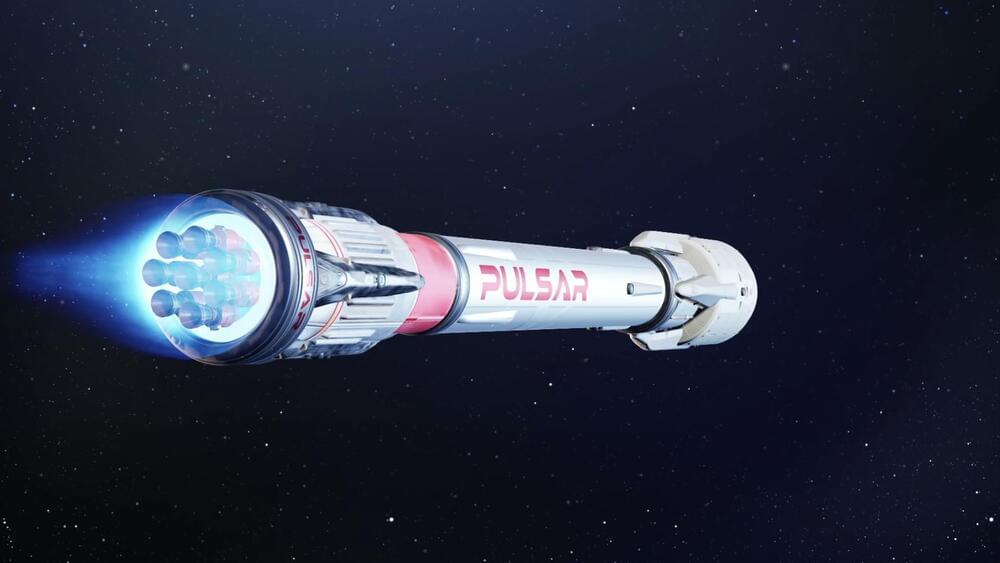
The space firm has already built the most powerful electric propulsion engine in Europe.
Nuclear fusion-powered rockets might be nearer than you think. UK rocket company Pulsar Fusion has been awarded funding from the UK Space Agency to help it develop “integrated nuclear fission-based power systems for electric propulsion”, a press statement shared with IE via email reveals.
The private space firm fired up 11 of Booster 7’s 33 next-generation Raptor engines.
SpaceX is making steady progress towards the orbital maiden test flight of its massive Mars-bound Starship rocket. The private space firm conducted a “static fire” test on Tuesday (Nov .29), at its South Texas facility. It ignited a total of 11 of 33 next-gen Raptor engines on its Starship first-stage Super Heavy prototype, Booster 7.
The static fire engine test started at 2:42 pm EST (19:42 GMT) and lasted for 13 seconds. On Twitter, SpaceX shared an image and wrote, “Booster 7 completed a long-duration static fire test of 11 Raptor 2 engines on the orbital launch pad at Starbase.”
Continue reading “SpaceX’s Starship may be just one static fire test away from an orbital launch” »
Sign up for CNN’s Wonder Theory science newsletter. Explore the universe with news on fascinating discoveries, scientific advancements and more.
In science fiction – think films and TV like “Interstellar” and “Star Trek” – wormholes in the cosmos serve as portals through space and time for spacecraft to traverse unimaginable distances with ease. If only it were that simple.
Scientists have long pursued a deeper understanding of wormholes and now appear to be making progress. Researchers announced on Wednesday that they forged two minuscule simulated black holes – those extraordinarily dense celestial objects with gravity so powerful that not even light can escape – in a quantum computer and transmitted a message between them through what amounted to a tunnel in space-time.
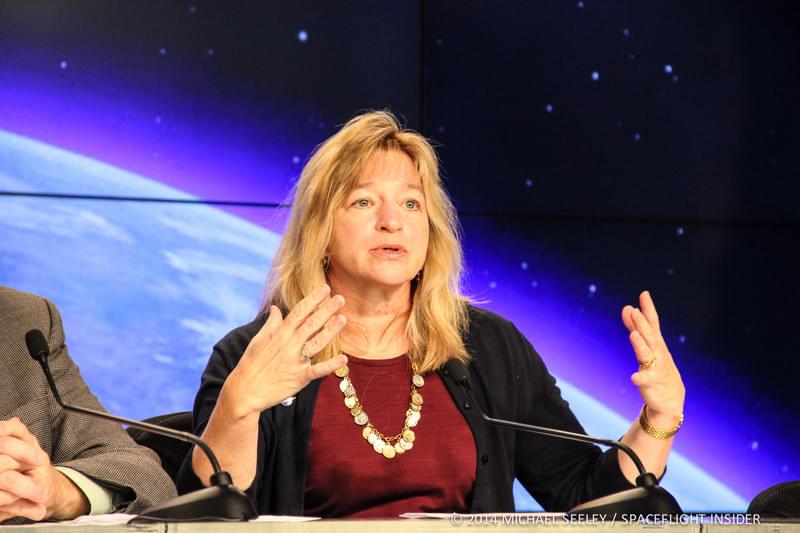
NASA’s former chief scientist on why space exploration is vital to humanity.
Humans are about to return to the Moon, and may go to Mars. An expert explains why space exploration is vital and can help us protect our ‘pale blue dot’.
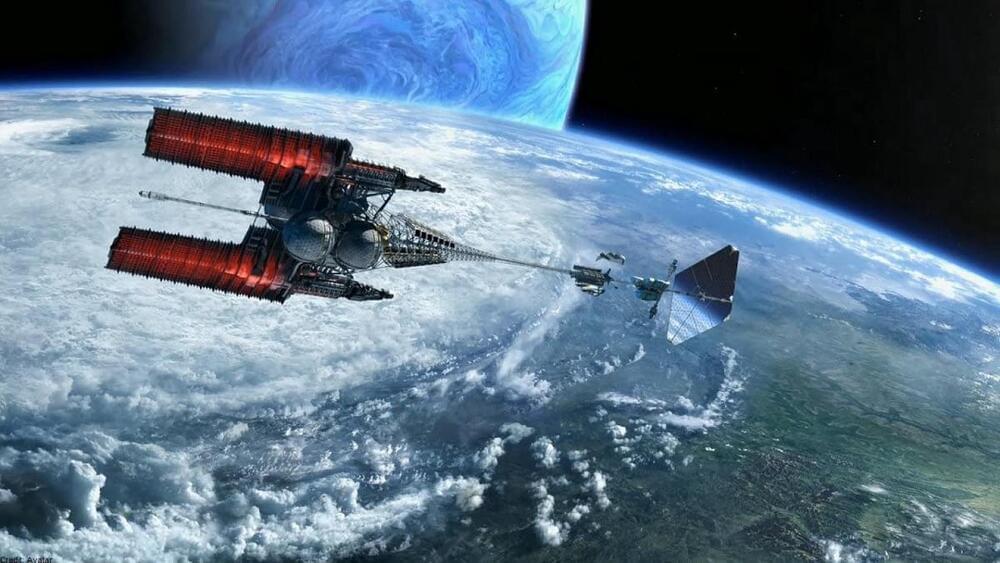
Year 2021 😁
Spacecrafts in dozens of sci-fi movies like Star Trek use antimatter propulsion systems to travel at unimaginably high speeds by warping spacetime. By using them, traveling to different planets and stars is significantly more efficient and quick. However, is it possible to make this sci-fi idea a reality? If so, how and when will we be able to use them? Let’s take a closer look.
Continue reading “Antimatter Spacecraft: The Future of Interstellar Travel” »
The ASO-S observatory, which launched in early October, captured an image of a solar flare eruption.
China’s recently launched Advanced Space-based Solar Observatory (ASO-S) beamed its first image back to Earth, a report from Space.com reveals. The new image shows an M-Class flare erupting on the Sun.
China’s ASO-S solar observatory launched to orbit aboard one of the China Aerospace and Technology Corporation’s (CASC’s) Long March-2C rockets on October 9. The country’s first dedicated solar observatory is positioned in a sun-synchronous orbit around Earth, flying at an altitude of approximately 430 miles (700 km).
There’s an epic livestream running on the Artemis 1 moon mission, showcasing live views of the Orion spacecraft as it flies in a distant retrograde lunar orbit.
😗
Elon GOAT Token’s efforts to deliver the statue landed the company on Twitter’s U.S. trending page. Musk purchased the social network last month, causing an upheaval with mass layoffs, departed advertisers and potential changes to the process of obtaining a Twitter Blue check mark.
Costing a total of $600,000, according to Elon GOAT Token, the Musk sculpture is a nod to the billionaire’s fame — a rocket representing SpaceX, the spacecraft company Musk founded; and the literal goat, a word that is also used as an acronym for the phrase “Greatest Of All Time.”
Continue reading “Giant Musk ‘Goat’ statue arrives at Tesla factory in crypto stunt” »
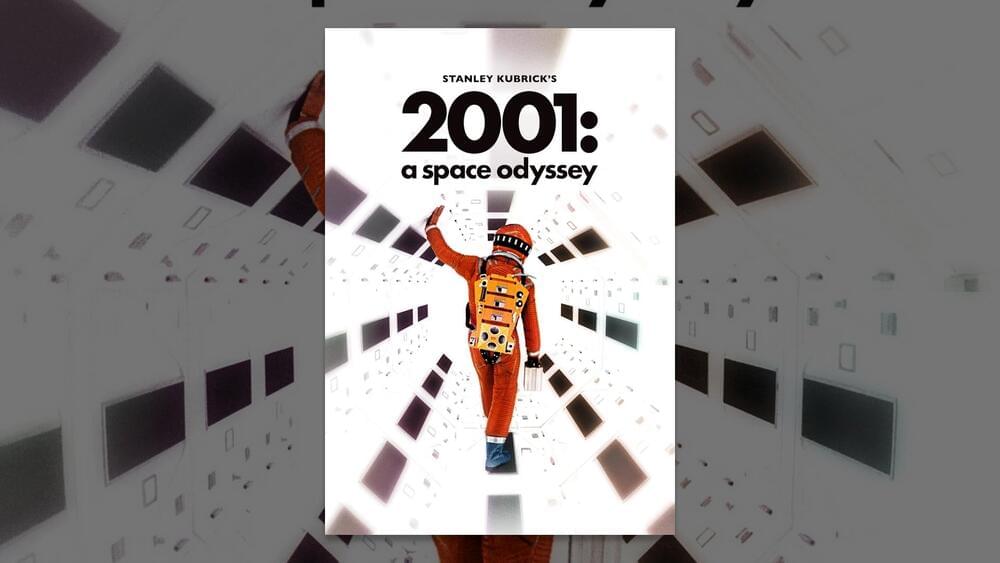
https://youtube.com/watch?v=XVaRhggkFJQ
http://www.hbomax.com Stanley Kubrick redefined the limits of filmmaking in his classic science fiction masterpiece, a contemplation on the nature of humanity, 2001: A Space Odyssey. Stone Age Earth: In the presence of a mysterious black obelisk, pre-humans discover the use of tools—and weapons—violently taking first steps toward intelligence. 1999: On Earth’s moon astronauts uncover another mysterious black obelisk. 2001: Between Earth and Jupiter, the spacecraft’s intelligent computer makes a mistake that kills most of the human crew—then continues to kill to hide its error. Beyond Time: The sole survivor of the journey to Jupiter ascends to the next level of humanity.